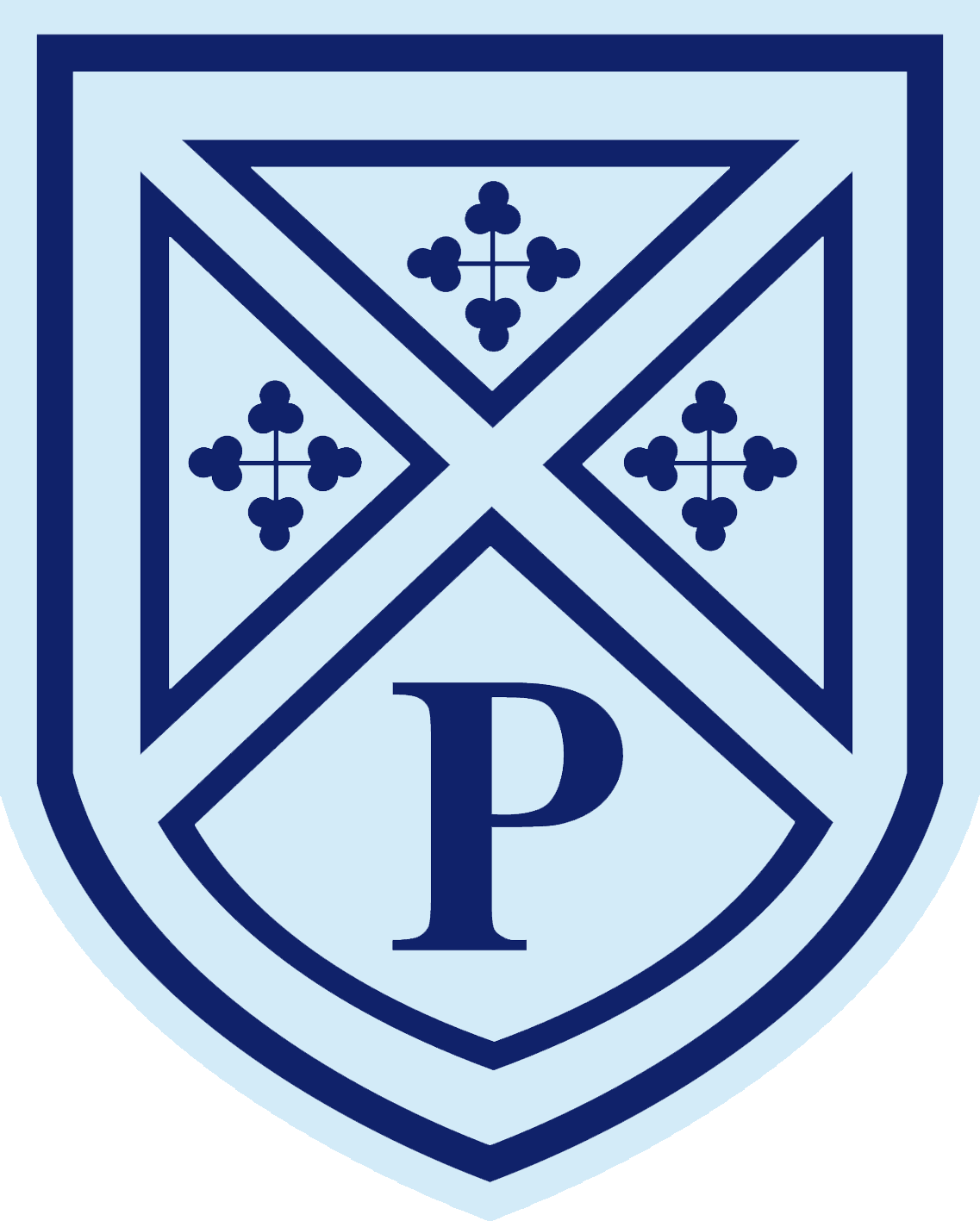Choose a Subject
At Parkside Middle School, want our children to be naturally curious about the world around them and embrace their sense of wonder about natural phenomena. We want to guide them into becoming enquiry-based learners. The science in our school is about developing children’s ideas and ways of working that enable them to make sense of the world in which they live. We want our children to develop an understanding of the uses and implications of Science, how it has changed and shaped our lives and how vital it is to the world’s future prosperity.
Scientific enquiry skills are embedded in each topic the children study and are revisited and developed throughout their time at school. Topics, such as Materials, are taught in Key Stage Two and studied again in further detail throughout Key Stage Three during Chemistry lessons. Thus, allowing the children to grow in their understanding, building upon their prior knowledge and increasing their enthusiasm for the topics whilst embedding this procedural knowledge into the long-term memory.
We ensure that pupils become aware of some of the big ideas underpinning scientific knowledge and understanding. We also encourage pupils to relate scientific explanations to phenomena in the world around them and start to use modelling and abstract ideas to develop and evaluate explanations. We want pupils to understand that Science is about working objectively, modifying explanations to take account of new evidence and ideas and subjecting results to peer review. Pupils should decide on the appropriate type of scientific enquiry to undertake to answer their own questions and develop a deeper understanding of factors to be taken into account when collecting, recording and processing data. They evaluate their results and identify further questions arising from them.
Science teaching at Parkside Middle School involves adapting and extending the curriculum to match all pupils’ needs, to ensure they are challenged and achieve success, regardless of their starting point. Our science planning is also linked to other subjects across the curriculum such as Maths, English and other subjects of STEM.
Parkside pupils will:
What is distinctive about Science at Parkside Middle School:
Choose a Year Group
Year 5
Autumn
Pupils will begin the year studying Chemistry and investigate the properties of everyday materials. They start by learning the basic health and safety rules of working in a science laboratory. Pupils also have the chance to participate in a variety of practical investigations. For example, they will explore which material is the best insulator.
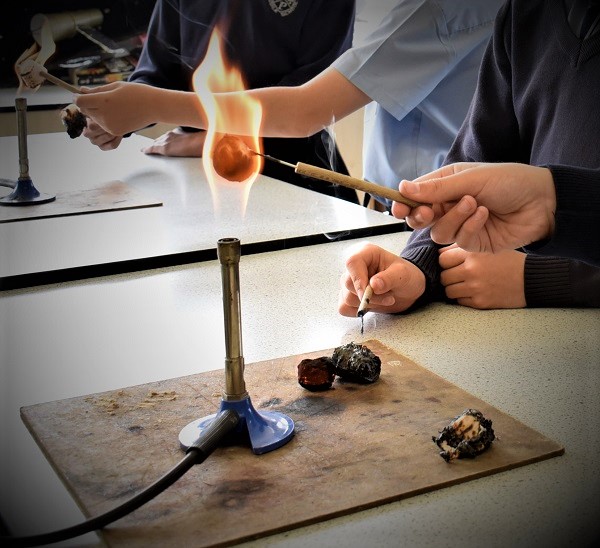
In the second half of the term, pupils will study the Physics topic of Forces where they will develop their understanding of forces and motion. Within this topic, pupils have the opportunity to explore how cogs, springs and levers work. The children will also explore why things sink, float and fall. They will use this knowledge to create a sailboat which will be tested. These practical skills are essential and will help the children to develop their experimental skills and scientific attitude.
Spring
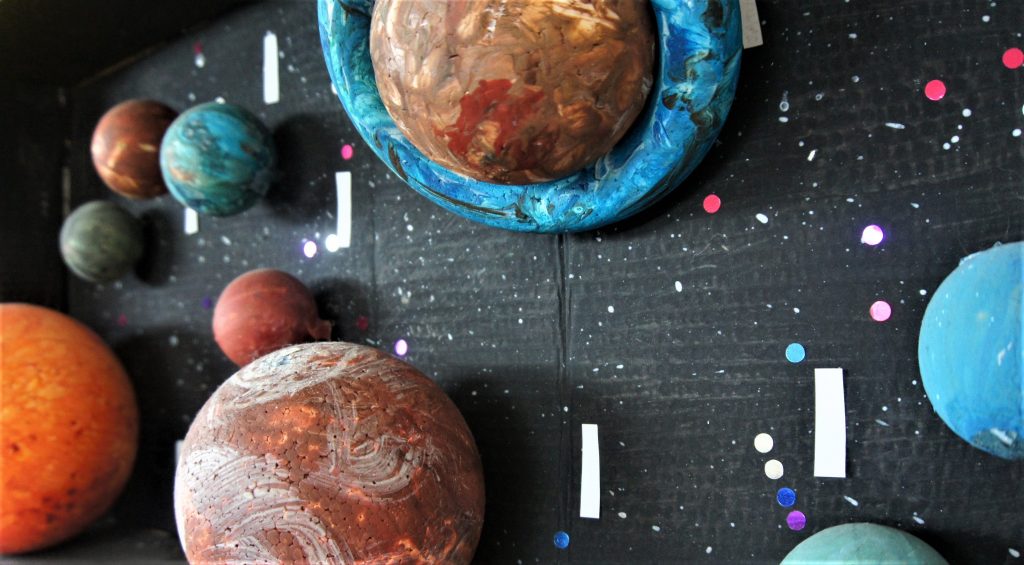
We then move on to studying Physics, where they will learn about Earth and Space. They will observe the behaviour of the Moon, Sun and Earth, distinguishing between cycles. They study the solar system and re-enact how the planets orbit the sun.
They finish off this topic by looking at how the four seasons have come to be all over the world. The second half of the term will see pupils exploring the Chemistry topic of Mixtures and Changes. In this unit, pupils will be able to explain that materials can mix and to demonstrate that mixtures of different materials can be separated by using different techniques.
Summer
The Summer term is dedicated to Biology, with pupils learning about reproduction in plants and animals. Pupils will have had the exciting opportunity to observe the lifecycles of butterflies, frogs or chickens in real life by keeping caterpillars until they transform into beautiful butterflies, hatching eggs or observing frogspawn in our school pond.
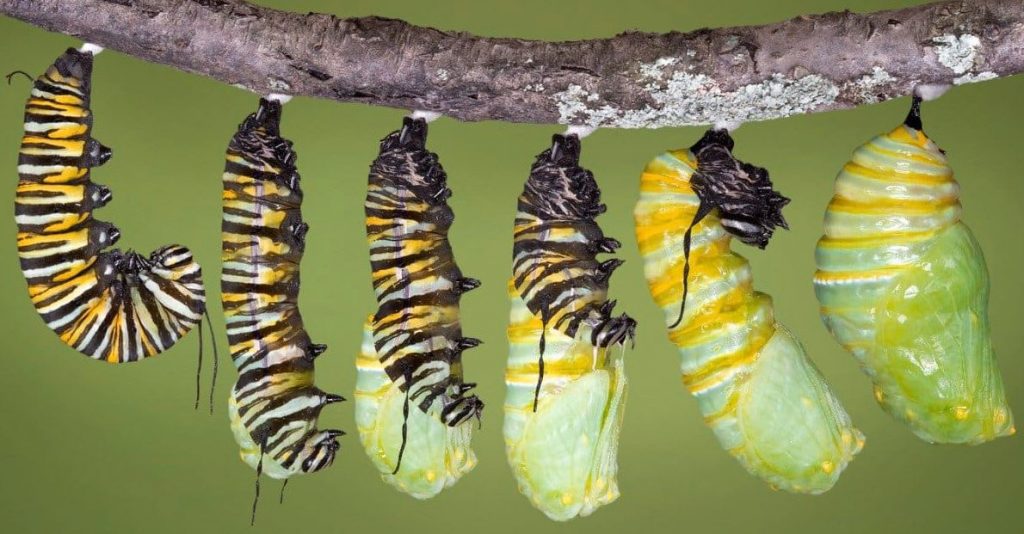
This module is perfect for the Summer term as pupils get to explore wildlife around the school grounds. This really gives them an opportunity to become independent learners and generate their own questions in which to investigate.
Year 6
Autumn
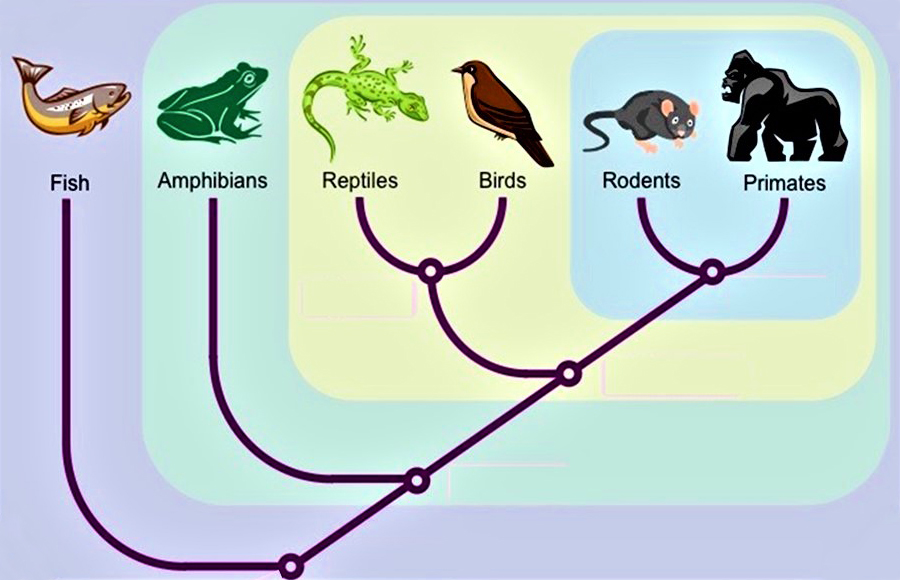
Pupils will begin the year studying Biology by sorting and classifying living things. They will have a chance to explore the school grounds in order to find and classify different plants and animals too! They will then have to justify why different living things are classified into certain categories.
During the second half of the term, the pupils learn about evolution and inheritance. They discover why living things change over time. Pupils will learn the meaning of selective breeding and how characteristics are passed on to offspring from their parents. They will also look at each other’s genetics to understand variation between siblings.
Spring
The Spring Term is dedicated to Biology with pupils learning about the respiratory, circulatory and digestive system. They will do a lot of role play of these systems in order to understand how each part plays a different role. Pupils will partake in a range of investigations in order to understand how these systems work together. They will also learn about what happens when we make changes to our diet and exercise. They will determine why it is so important to maintain a healthy lifestyle with a broad balanced diet.
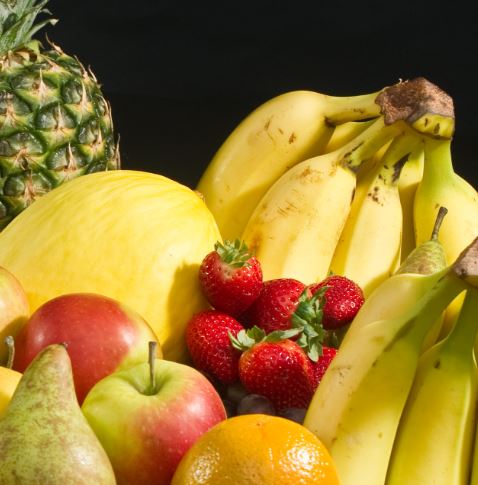
Summer
The Summer starts with the Physics topic of circuits in which pupils will get the chance to learn about individual components of a circuit and how they work together. They will learn about how resistance can be varied in circuits by adding and taking away electrical components.

The second topic is Physics. Pupils investigate the properties of light. They start by learning the basic principles of how light travels and the meaning of the words transparent, translucent and opaque. They will also get the chance to create their own shadow puppet show using the knowledge they acquire over the course of the topic.
Year 7
Autumn
In Science, pupils will begin the year studying Chemistry and investigate mixing, dissolving and separating techniques. They start by learning to work safely in the laboratory. Pupils also have the chance to participate in a variety of practical investigations. For example, they will explore the pH scale using universal indicator and litmus paper. Pupils will also discover the Periodic table- atoms, elements and compounds in order to realise what the world around them is made up of.
In the second half of the term pupils will then move on to studying Biology, where they will learn about Cells and Reproduction. They will observe cell samples such as palisade leaf cells, red blood cells and cheek cells using the microscopes. They study specialised cells and explore how they are adapted to perform their roles. They finish off this topic by looking at reproduction within plants as well as the human reproductive system. Within this, pupils dissect a flower to find all of the parts within the reproductive system, such as the stamen (male) and carpel (female).
Spring
In Spring, pupils will study Physics- in particular, they will learn about forces, light, sound and Space. Within these KPIs pupils can explore ‘Hooke’s Law’ using springs and newton metres. The physics modules incorporate more mathematical skills as the pupils are exposed to formulae. They apply these skills and formulae to solve calculations such as speed = distance ÷ time. These skills are essential and will become embedded as pupils progress up to high school. Children will also have the opportunity to learn all about the universe and even have a go at building their own satellites!
Summer
The Summer term is dedicated to Biology including the KPIs: cells, body systems and reproduction. Here, pupils will learn about nutrition, digestion, respiration and breathing systems. The children will continue to experience a range of exciting practical lessons and even get the chance to dissect some organs! They participate in group projects including looking at how food travels through the human body. Pupils will learn to understand organisms on a cellular level, looking closely at how organs are adapted to their functions; such as the villi in the small intestine and alveoli within the lungs.
Year 8
Autumn
Throughout the science curriculum pupils will develop practical skills using a hands on approach to investigations, learning vital working scientifically skills relevant to the specific topics. The year will begin with pupils studying Biology- building on what they had learned in year 6. They look at Health & Lifestyle, Ecosystems and Adaptation & Inheritance. Pupils will look into how lifestyle choices can affect long-term health. They will also develop their understanding of natural selection and evolution of different species.
Spring
The Spring term is dedicated to Physics covering the Key Performance Indicators of Electricity & Magnetism, Energy and Pressure. Within this, pupils will investigate current and static electricity and even make their own electromagnets. This builds on prior knowledge they gained in the summer term of year 6. Children will also begin to develop their understanding of the theory of the conservation of energy. They will use a range of technology to develop their understanding of the KPIs.
Summer
During the Summer term, pupils will study Chemistry. In particular, the pupils will study the Periodic Table, Separation Techniques and Metals & Acids. Through practical experiments, pupils will explore the reactivity of different chemical elements and begin to explain the layout of the Periodic Table. Pupils will also look into more complex methods of separations as they study chromatography and distillation. They will link what they have learned about the reactivity series to the properties of certain elemental metals and how they react with different acids.
